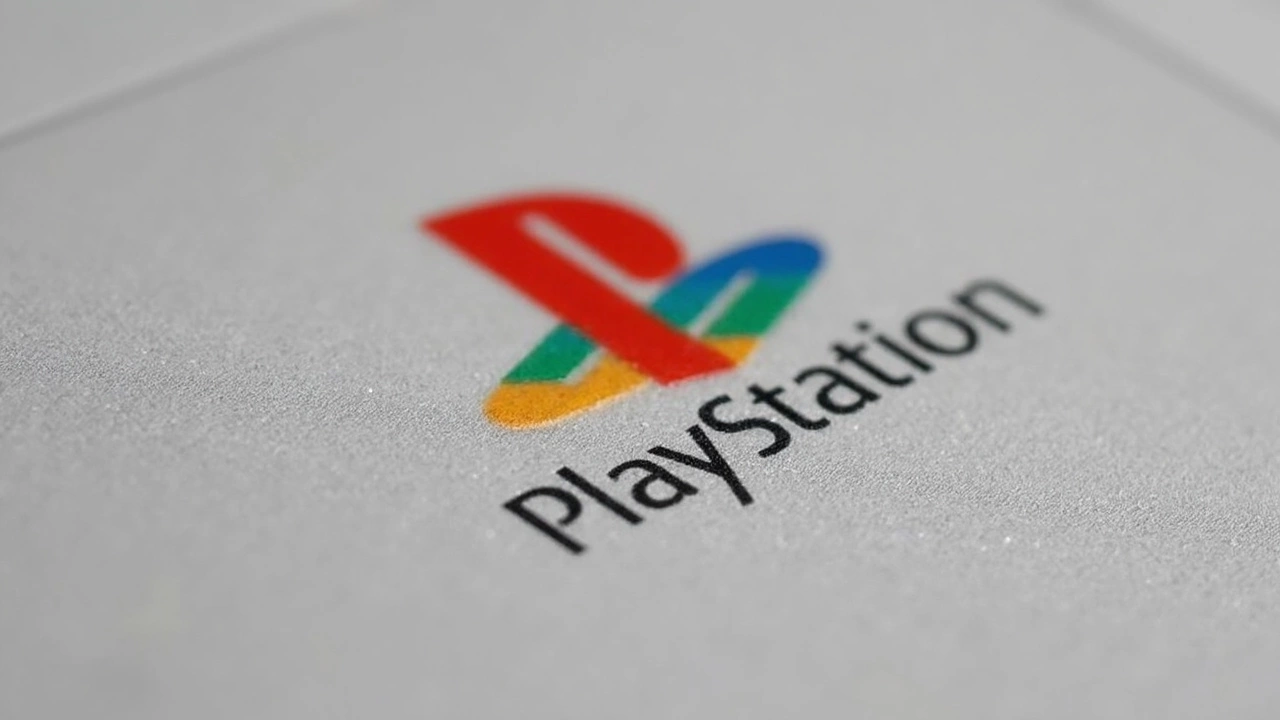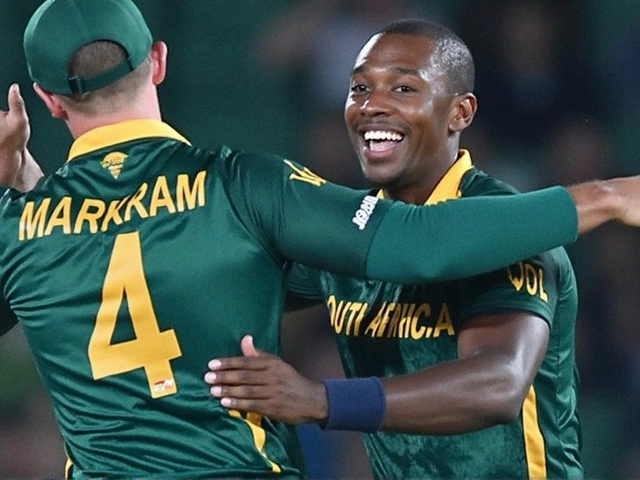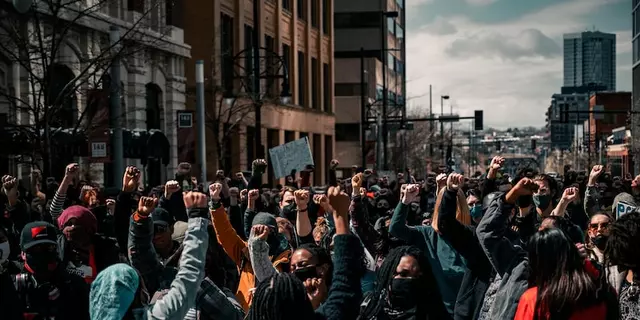Game Preservation: Keeping Classic Titles Alive for Everyone
Old video games are more than just pixels; they’re a slice of culture, tech, and art. When a game disappears, we lose a piece of history that shaped how we play today. Luckily, a growing community of fans, museums, and developers is working hard to protect those titles before they fade away.
Why game preservation matters
First off, games tell stories about the era they were made in. From the graphics engines of the ’80s to the narrative depth of modern indie hits, each title reflects the tools and ideas of its time. Preserving them means future players can study how design evolved, and researchers can see how technology impacted entertainment. It also respects the creators who poured countless hours into a project that might otherwise be forgotten.
Second, many classic games are at risk because old hardware breaks, digital stores shut down, or legal hurdles block re‑releases. A 1990s console that no longer works can render an entire library unplayable. When the rights holders stop supporting a game, you might not find a legal copy anywhere. That’s why archiving the code, artwork, and even the manuals matters – it safeguards the whole experience, not just the software.
How you can help preserve games
If you love gaming, you don’t need a PhD to join the preservation effort. Start by backing up your own collections. Use tools that create clean ROM or ISO files and store them on multiple drives or cloud services. Make sure you keep original manuals, box art, and any promotional material; they add context and value for historians.
Next, support community projects like the Internet Archive, the Video Game History Foundation, or local museums that host retro gaming events. Donating spare hardware, sharing rare titles, or simply spreading the word can make a big difference. Many groups also need help documenting game history – write down release dates, developer interviews, or personal anecdotes to enrich their archives.
Finally, keep an eye on legal developments. Some countries are updating copyright laws to allow preservation copies for personal use. Knowing your rights helps you act responsibly and encourages policymakers to protect digital heritage. When you buy new re‑issues or official remasters, you’re also showing that there’s a market for older games, prompting more companies to release their back catalogues.
Game preservation isn’t a fancy academic pursuit; it’s a hobby that anyone can take part in. By saving files, sharing stories, and supporting archives, you help keep the games you love playable for the next generation. So next time you fire up a classic title, think about the journey it took to get there and how you can keep that journey alive.

GOG is on a mission to keep over 500 classic games alive for modern PCs by 2025, focusing on beloved PlayStation-era titles. This includes updating for Windows compatibility, cloud saves, and bug fixes. Examples like *Dino Crisis* show their dedication to preserving these historic games and meeting fan demand.
Continue Reading





